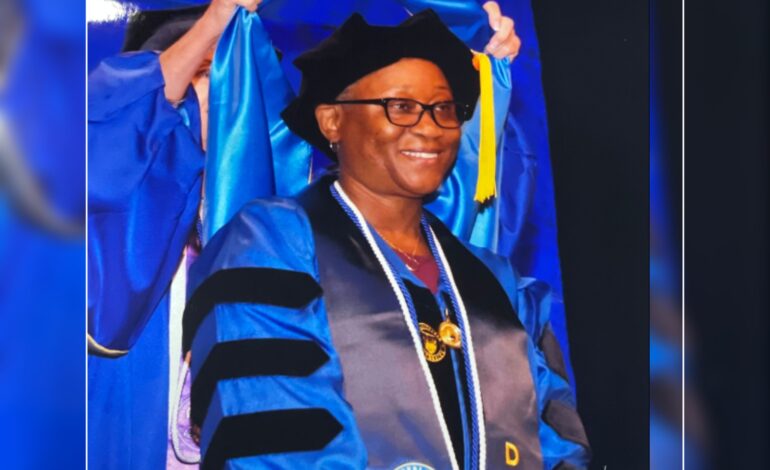
Small Island Developing States and Least Developed Countries emphasize their continued vulnerability and urgent need for a strong Global Stocktake to track climate action progress, raise ambition, and facilitate implementation.
COP28, Dubai – 6th December, 2023
As negotiations progressed at the United Nations global climate summit, COP28, many of the countries that are most vulnerable to climate change are calling for urgent acceleration of work, particularly on the Global Stocktake, noting they are running out of time to safeguard their populations from more devastating climate change impacts.
The Alliance of Small Islands States (AOSIS) which is comprised of small island developing states (SIDS) from the Pacific, Caribbean, African, Indian Ocean and South China Seas, joined the Least Developed Countries (LDCs) negotiating bloc, cautioning that while there have been significant wins so far, countries must not become complacent at COP28.
At this point of coordination at COP28, intense negotiations are continuing at a slow pace, with Ministers from countries now taking up the baton from coordinators to finalise outcomes. AOSIS Ministers met on Wednesday 6th December for a critical briefing on developments.
Of particular urgency to both AOSIS and the LDC Chair is a robust outcome on the Global Stocktake (GST). In the negotiating rooms, AOSIS coordinators have set out what needs to be included in the GST process to reflect the special circumstance of SIDS, ensure course correction, and accelerate what is needed to keep global warming below a 1.5°C increase. This is the key ask for AOSIS.
“If we fail in this task of achieving a strong Global Stocktake outcome, we make it significantly more difficult to leave this COP saying we can achieve the 1.5°C limit.” said AOSIS Chair, the Honourable Minister Cedric Schuster. “If we fail, the consequences will be catastrophic.”
“AOSIS calls on major emitters to enhance their commitments, including aligning their NDCs with the 1.5°C goal, leading the way on fossil fuel phase out, phasing out all fossil fuel subsidies, and ensuring peaking of global emissions before 2025 and halving them by 2030, transitioning to global net zero global emissions by 2050, with developed countries taking the lead.”
So far, participants have celebrated the achievement of the adoption of the Loss and Damage Fund by theCOP28 Plenary, with countries pledging approximately US$750 million at this point. Small islands are asking for developed countries to lead the capitalisation of this fund, with a goal of US$1 billion per annum. AOSIS has emphasized that while the pledges are indeed encouraging, countries must continue to work with urgency to create processes that provide efficient, direct access to vulnerable communities. AOSIS is also calling for an inclusive Loss and Damage Fund board on which SIDS are represented.
AOSIS also commended the progress on the Santiago Network. This is a mechanism to facilitate technical assistance to address loss and damage, and text on this matter has now been agreed. This caps a years-long negotiation process on this issue.
“The operationalization of the Loss and Damage Fund is a first step but we need more,” said Madeleine Diouf Sarr, Chair of the Least Developed Countries. “We have to continue pushing because this is why we are here. We do it for the men, women, children of our homes. From SIDS to LDCs we are paying the high cost. Climate change is not fair and we must course correct.”

Madeleine Diouf Sarr, Chair of the Least Developed Countries





